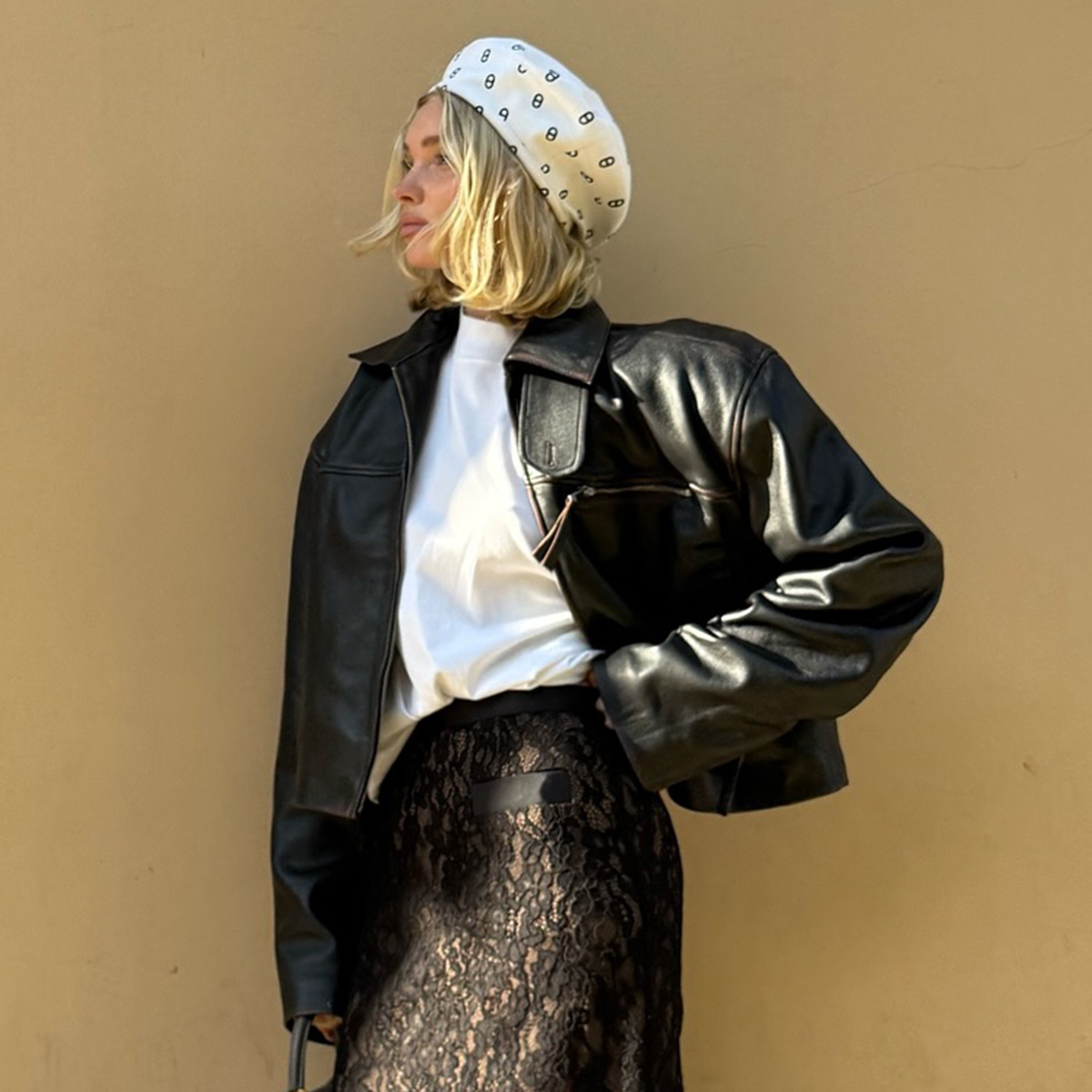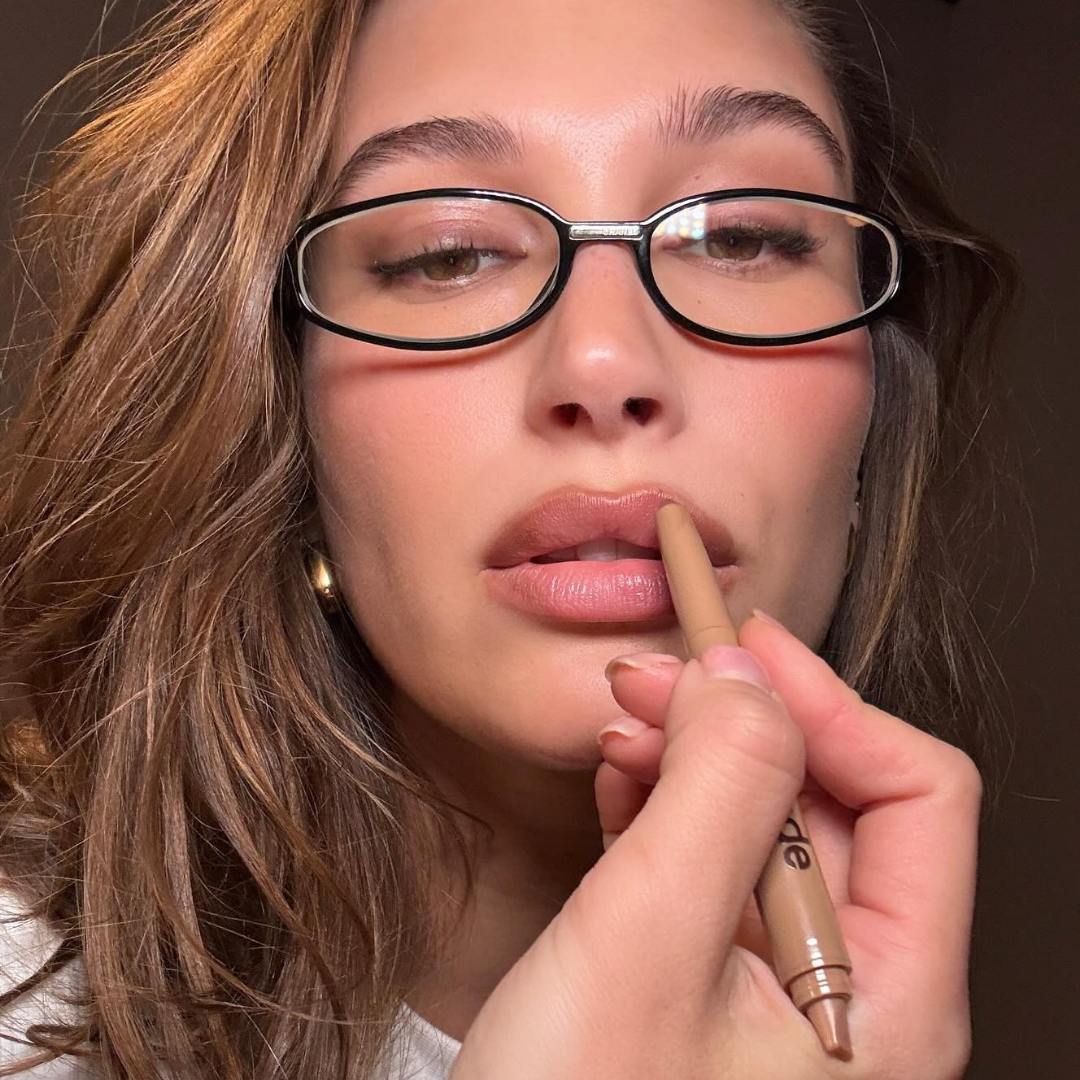Kerry Washington on How Her Personal Style and Hollywood Have Evolved
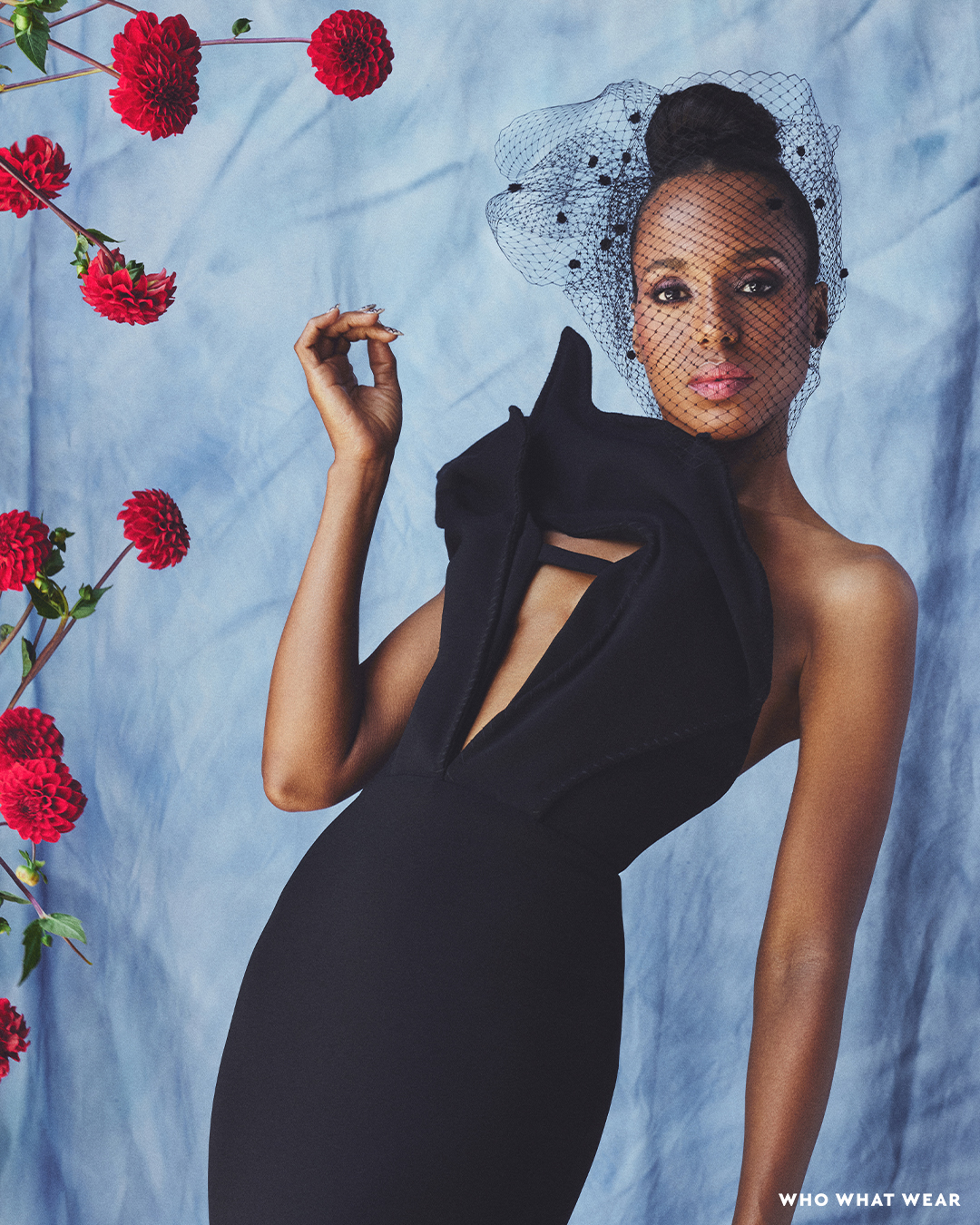
Welcome to our podcast, Who What Wear With Hillary Kerr. Think of it as your direct line to the designers, stylists, beauty experts, editors, and tastemakers who are shaping the fashion-and-beauty world. Subscribe to Who What Wear With Hillary Kerr on Apple Podcasts and Spotify.
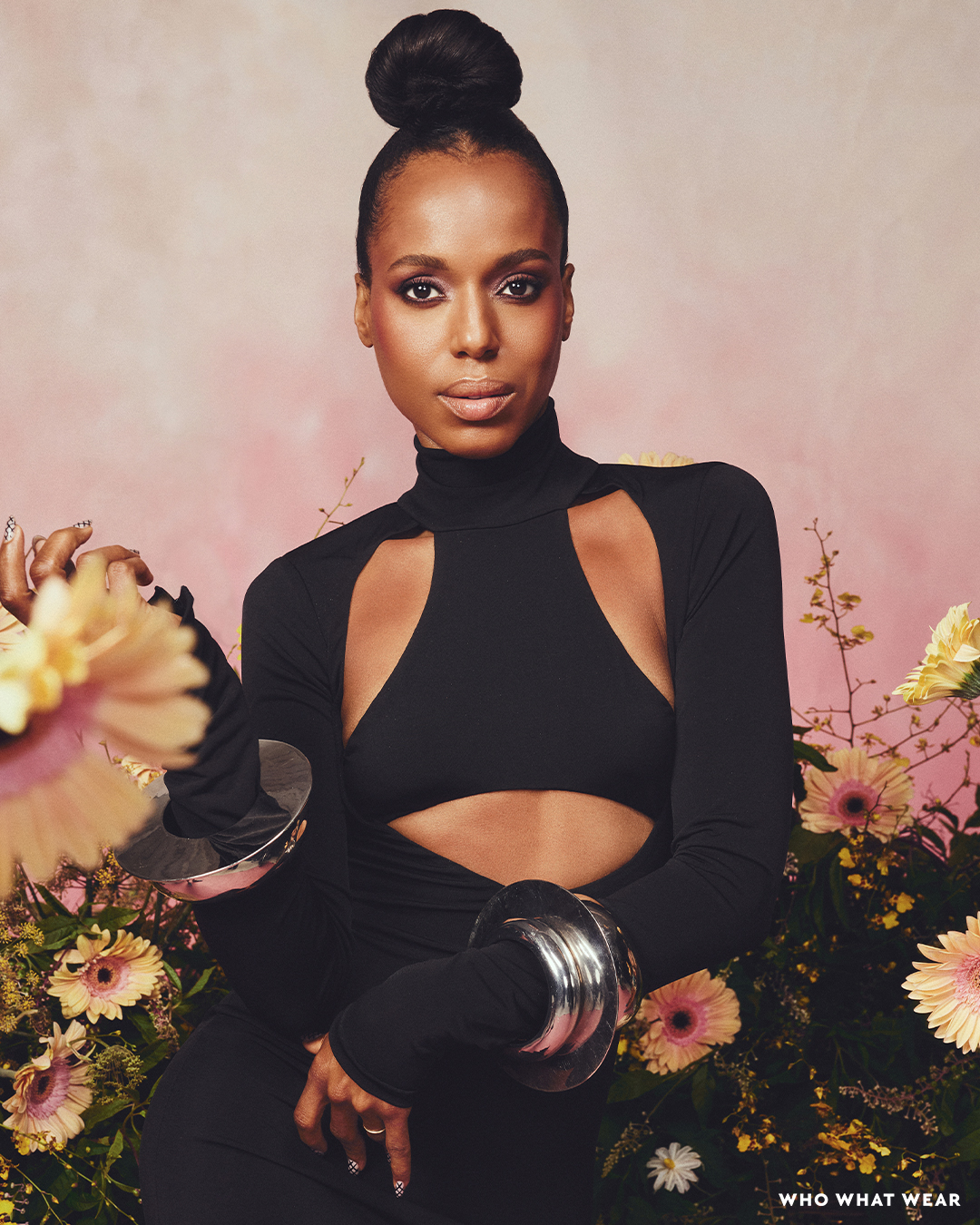
Since Kerry Washington's first IMDB credit back in 1994, she's seen Hollywood evolve.
"I would say the biggest change that I've witnessed is the acknowledgement that stories need to be told from more than one perspective," Washington said.
While Washington is known for her work in dramas like the ABC hit series, Scandal, and the critically acclaimed mini series on Hulu, Little Fires Everywhere, Washington has always been drawn to comedy and genres outside of drama.
For her latest role, Washington stars in Netflix's, The School for Good and Evil, a fantastical and enchanted film directed by Paul Feig.
In the latest episode of Who What Wear With Hillary Kerr, Washington shares how the industry has changed since she landed her first role back in the 90s, what drew her to The School for Good and Evil, and how her style has evolved working with stylist, Law Roach.
For some excerpts of their interview, scroll below.
Your very first IMDb credit dates back to 1994. What's the most significant change you've noticed across the industry since you first got your foot in the door?
There's been so many changes across the industry and so many ways in which the ways that we tell story in film and television—and theatre—has deepened and become more expansive.
There's still so much work to do, but it is so different from 1994. I would say the biggest change that I've witnessed is the acknowledgement that stories need to be told from more than one perspective. That a complete culture of storytelling—or a canon—needs to include a multitude of points of view and life experiences.
It's not enough to have just one kind of person— straight, white, male, cisgender heterosexual—person telling the stories that define our culture. That culture is actually all different kinds of people being able to tell all different kinds of stories and see themselves reflected in the narrative and also be able to witness limitless amounts of other in in narratives about humanity.
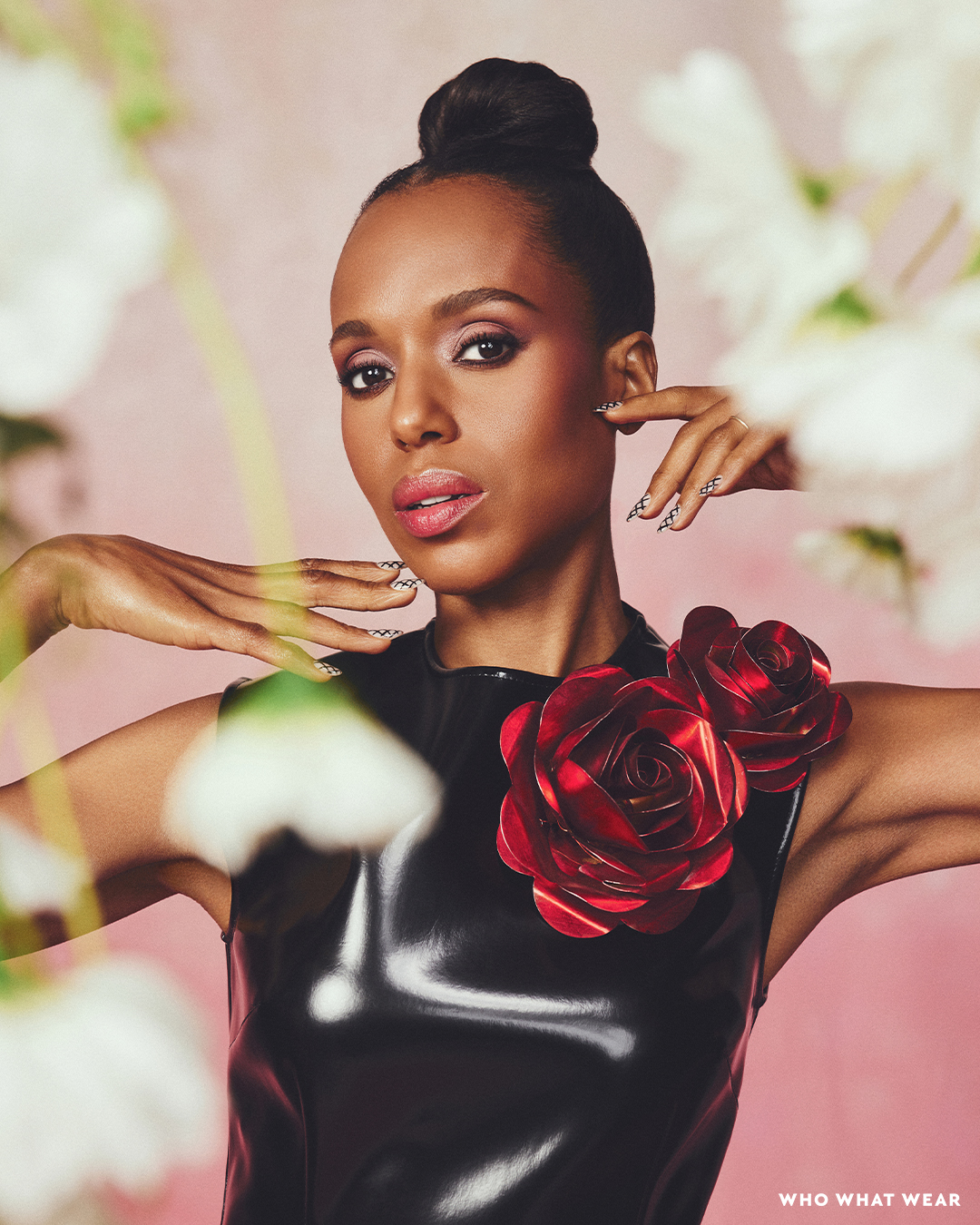
Your upcoming film that's coming out later this fall on Netflix, The School for Good and Evil, is a fantastical, fantasy, enchanted tale. What drew you to this script?
I'm really drawn to comedy and genres outside of drama, but I've trafficked mostly in drama in my career
I always say to people, the two best weeks of my life—outside of anything having to do with motherhood, because that's just its own brilliant, gorgeous pot of gold—were my honeymoon and when I hosted SNL.
I love comedy. I love outside-the-box creative swings and I just haven't been able to do a lot of it. I have a bunch of young people in my life who were obsessed with the books, so I had heard of them. I jumped at the opportunity to work with Paul [Feig].
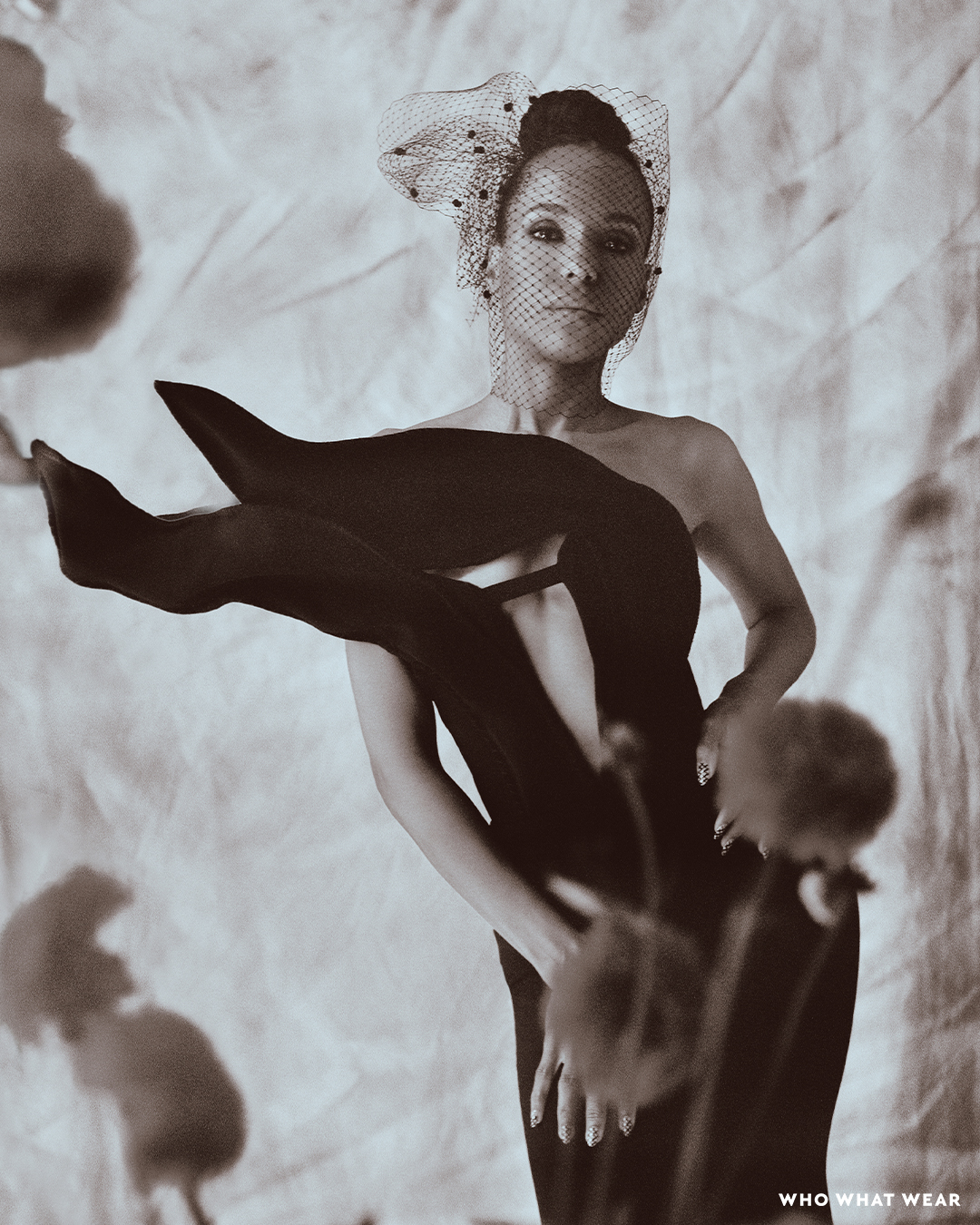
You started working with Law Roach, who is somebody who is really known for helping people carve out their identity in fashion. Has he helped you to shift your image or shift your sartorial prowess in a direction that you didn't see yourself going?
He's such a genius. I really, really love working with him. I think if anything he has really helped me to lean into exploring and discovering on the carpet more of a sense of self.
I tend to think of red carpet dressing as costume. There's this character—Red carpet Kerry—and I dress her.
Working with Law [Roach] has really encouraged me to reveal a bit more of myself in the simplicity of the choices and not having the the spark of individuality need to be attached to risk taking or something loud. Being willing to reveal more of myself—sometimes physically—but more soulfully reveal more of myself in the simplicity of the moment.
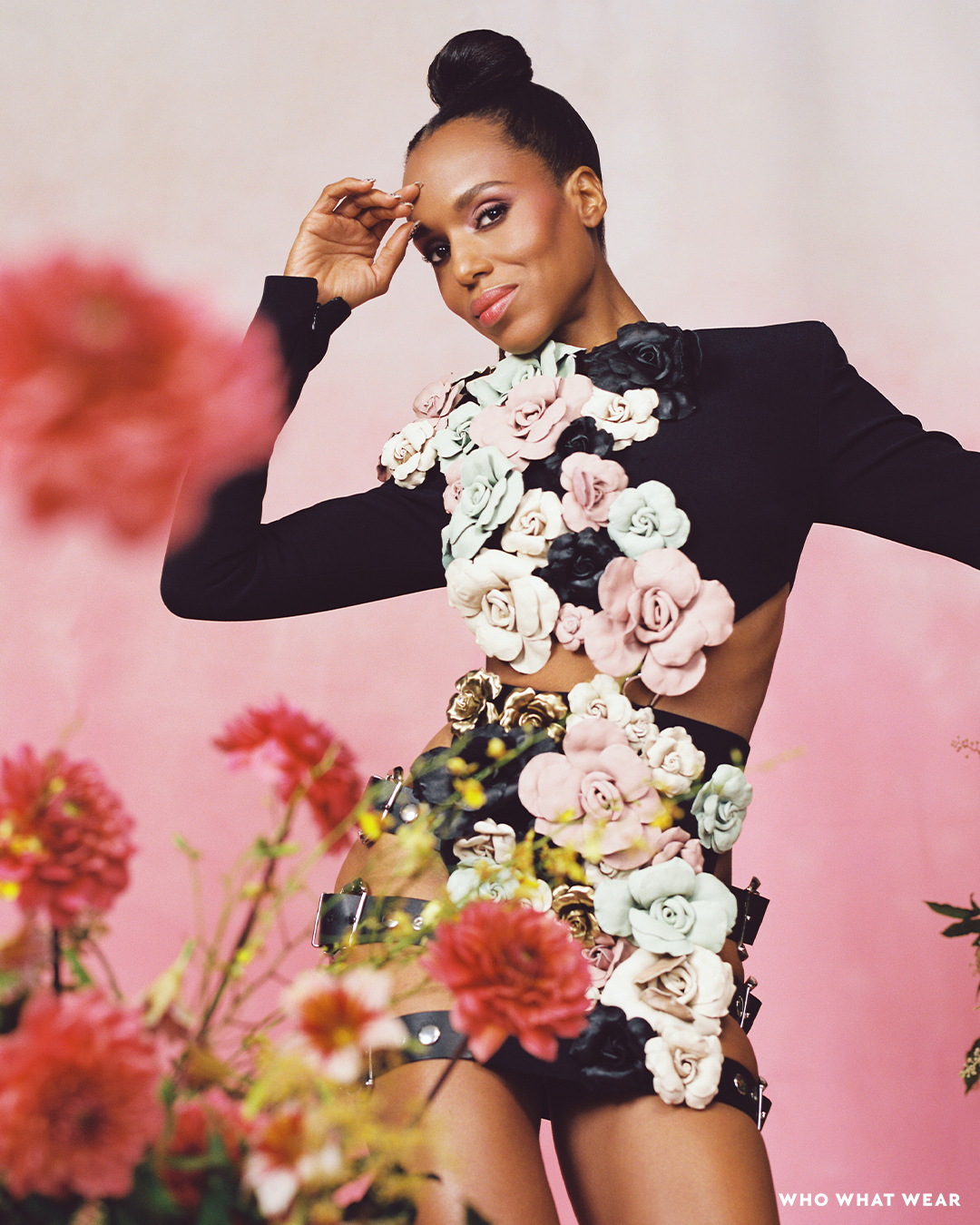
You turned 45 in January. How does that play into your overall fashion goals? Or does it?
I really don't think about it a lot. I don't think about my age a lot. My kids make fun of me, I'm sometimes like, "Am I 44? Am I 46? I don't I don't actually know." I like that.
I love data when it comes to identifying, defining, analyzing success and what it looks like. I'm really interested in data. For myself, I don't I don't tend to think about being 45 a lot.
I think if there are considerations that are adjacent to the idea of age. I do sometimes think about the fact that I'm a mom, I think that plays a role in my choices. To be honest, I try to make sure that it's not limiting me too much. That I'm still that I'm still making the choices that feel right for me right now in my life, while also being respectful to my identity as a mom and to my relationships.
I think about those things and I think about ways to fold in my identity as a as a wife, a mom, a daughter, into the choices that I make.
Not as reasons to hide, but more it's just reasons to really make sure that I'm leaning into the truth of what I want to be wearing and how I want to be wearing it. Whether other people approve or not.
This interview has been edited and condensed for clarity. Next up, check out our previous episode featuring our editor, Anna LaPlaca.
-
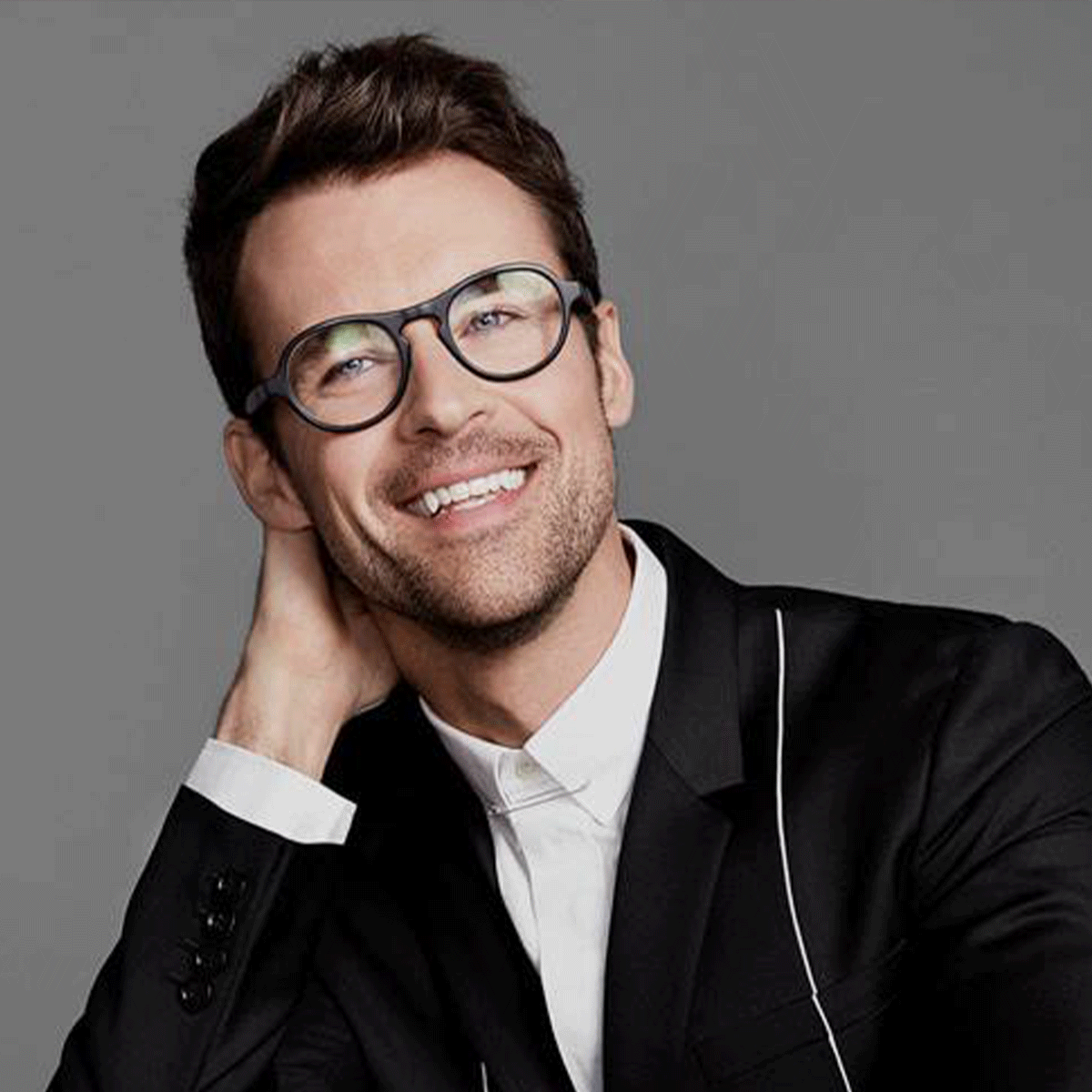 Stylist Brad Goreski on His Whirlwind Year of Red Carpet Looks for Demi Moore
Stylist Brad Goreski on His Whirlwind Year of Red Carpet Looks for Demi MoorePlus, how he brought body horror to the red carpet.
By Claire Schmidt
-
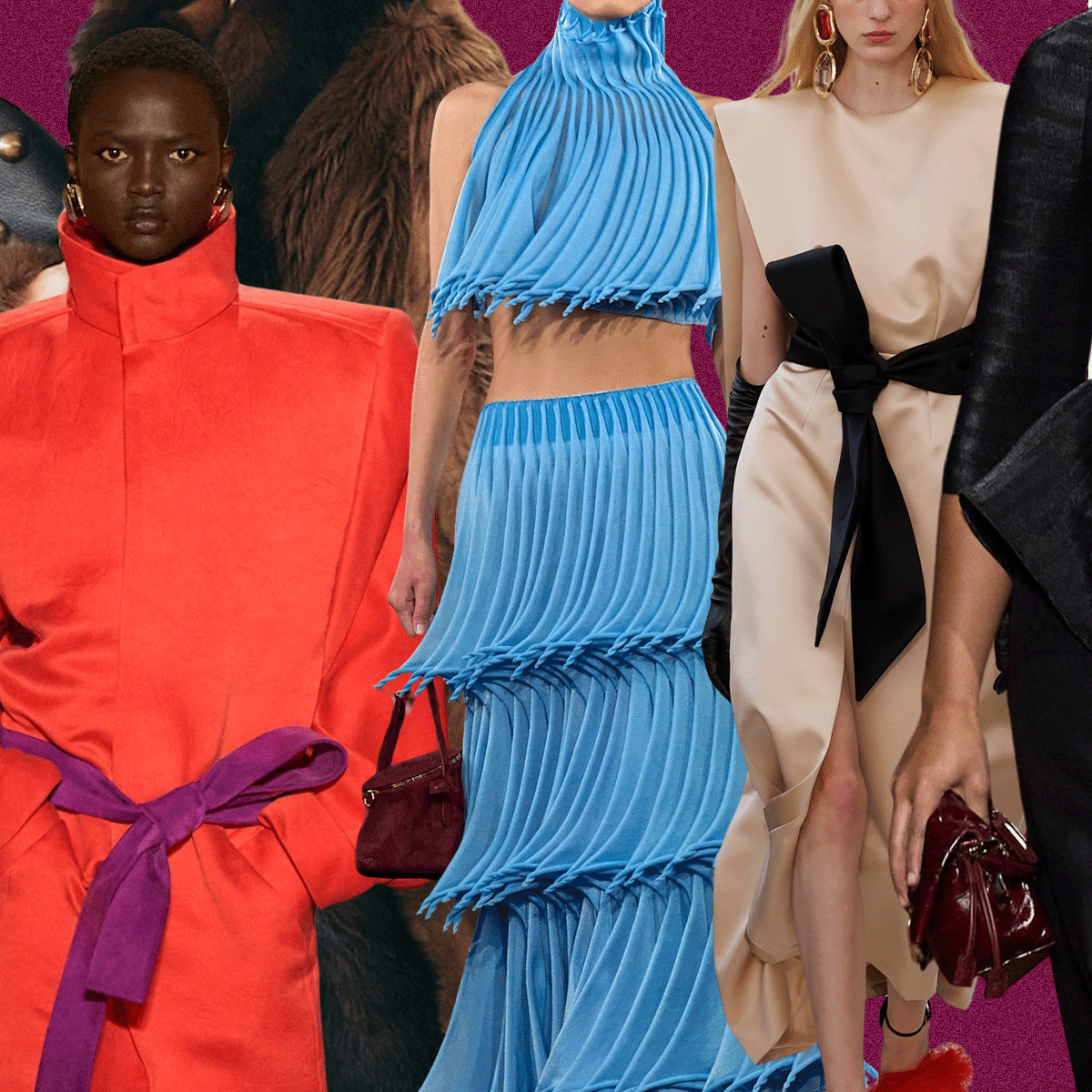 The Top Trends From Fashion Month, According to Our Editors
The Top Trends From Fashion Month, According to Our EditorsThere's a lot to keep track of.
By Madeline Hill
-
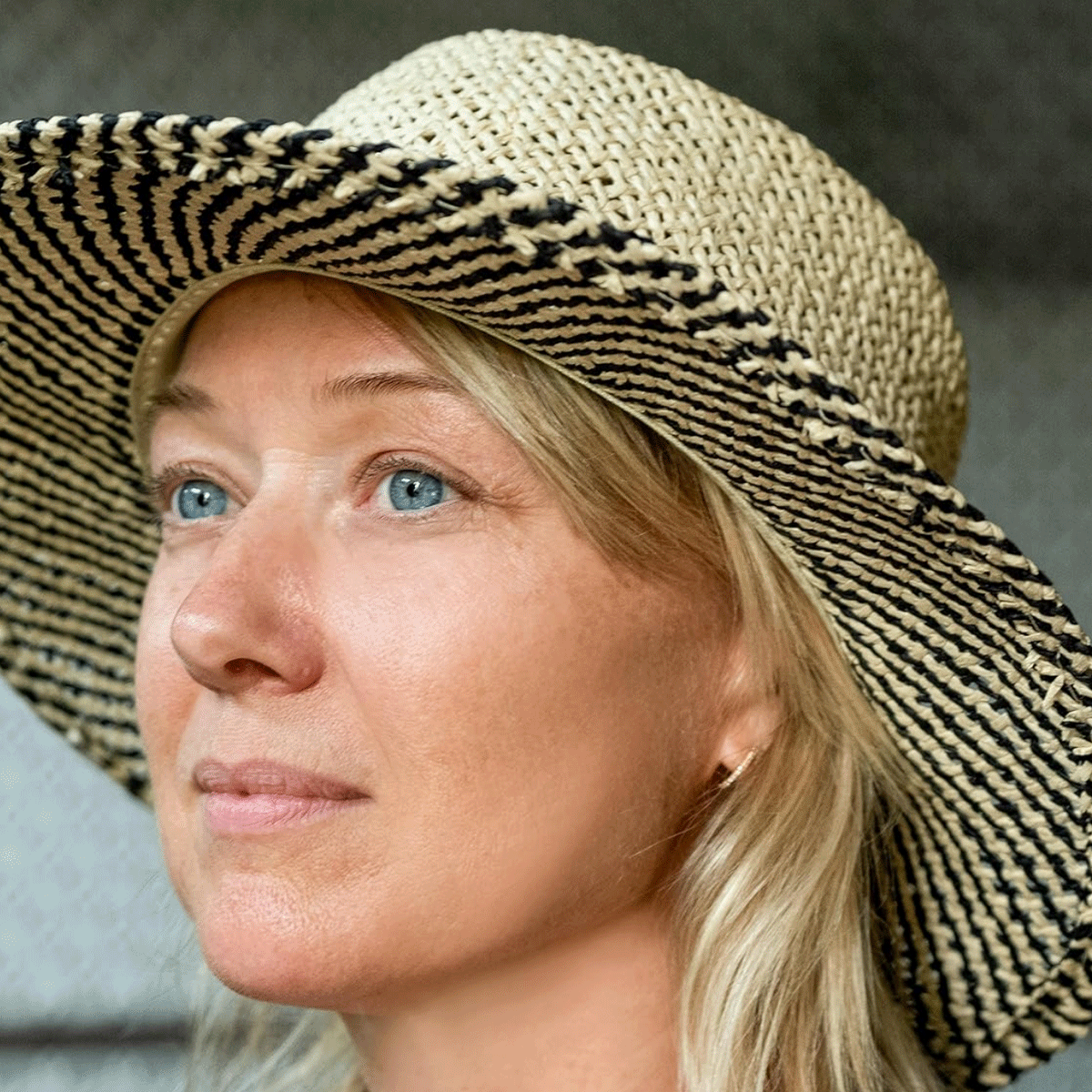 The White Lotus Costume Designer Shares How She Puts Together Those Iconic Looks
The White Lotus Costume Designer Shares How She Puts Together Those Iconic LooksPlus, how she got her start in entertainment.
By Madeline Hill
-
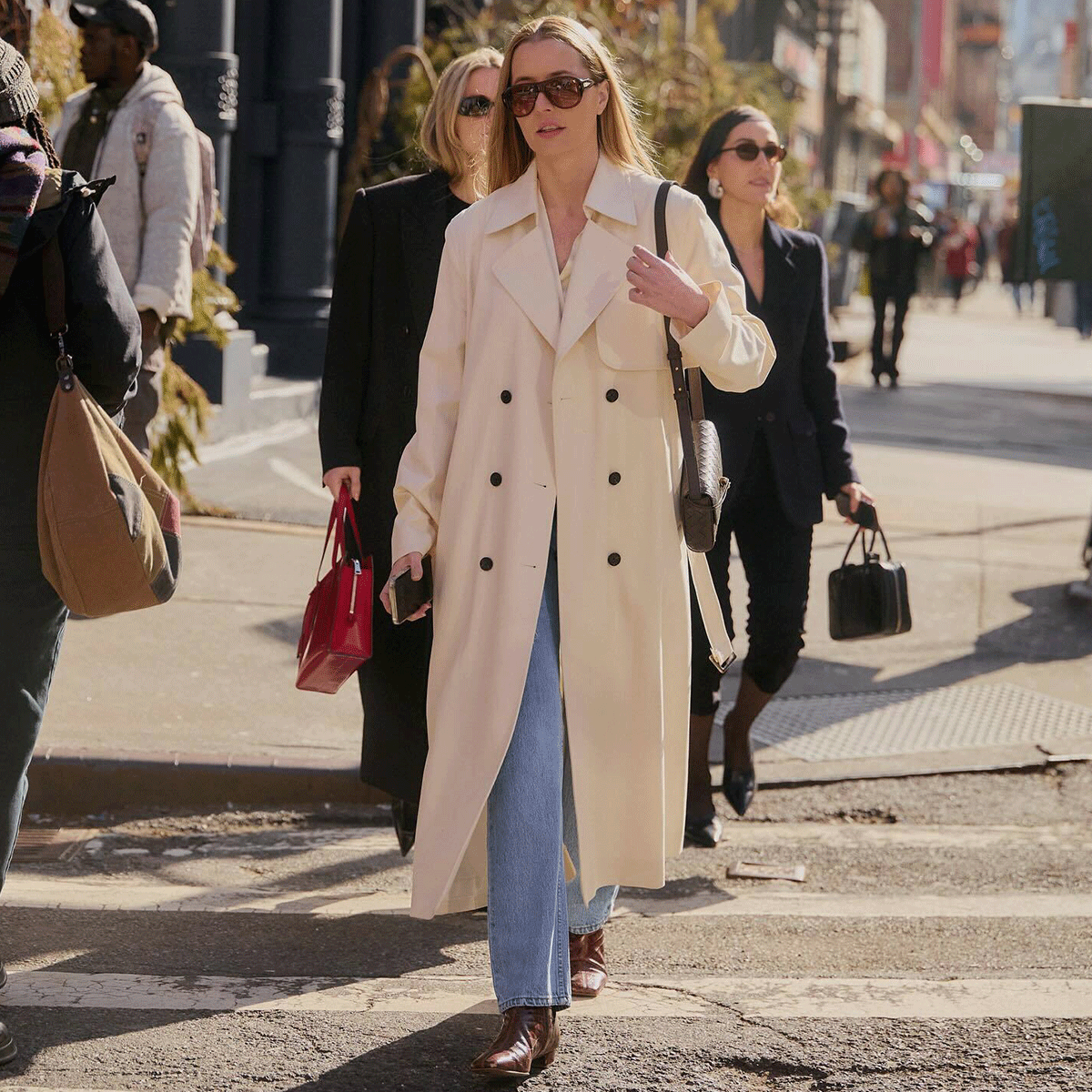 Our Editor Shares Her 2025 Spring Fashion Predictions
Our Editor Shares Her 2025 Spring Fashion PredictionsPlus, the items you can incorporate into your rotation.
By Madeline Hill
-
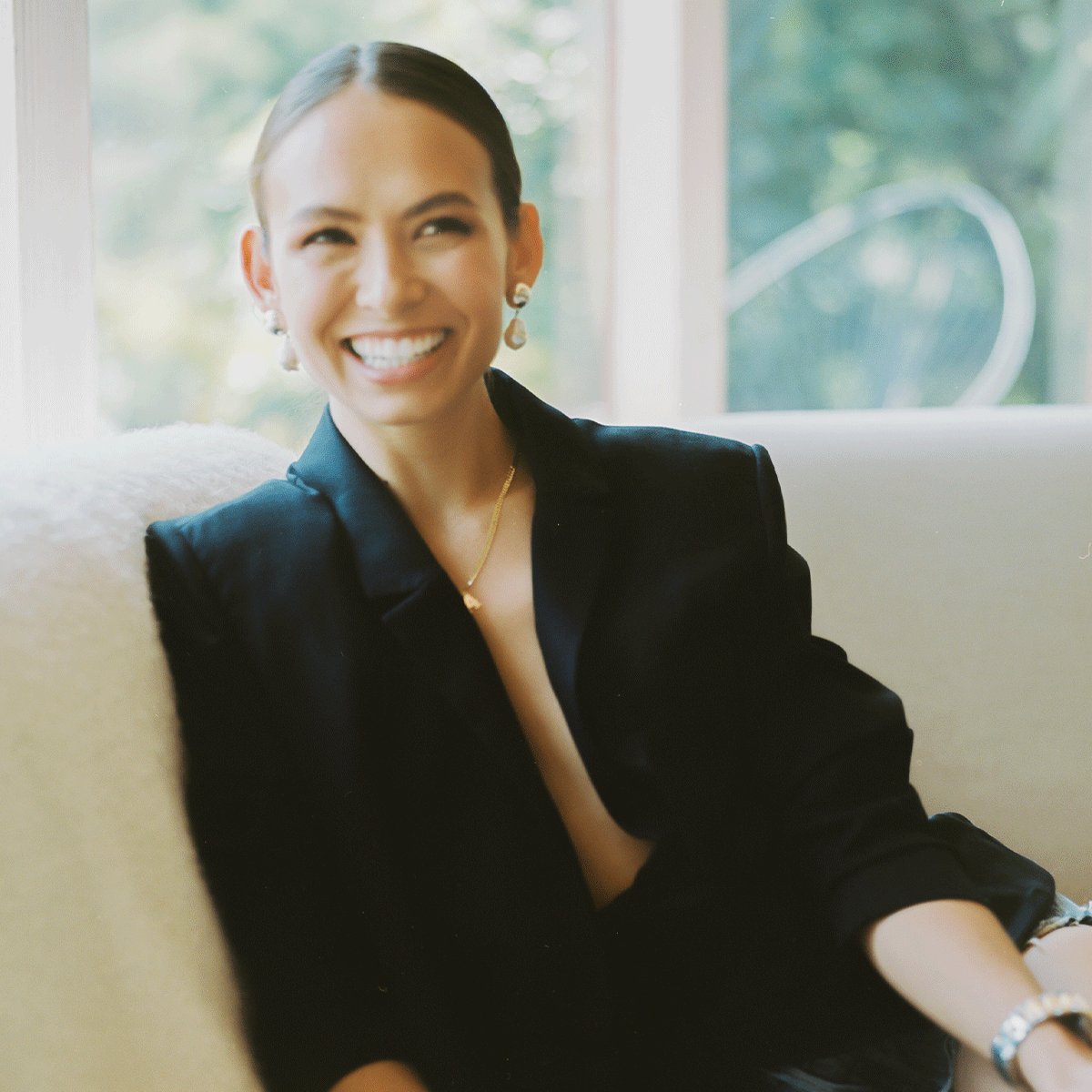 Why Sporty & Rich Founder Emily Oberg Is Launching a Sexual Wellness Line
Why Sporty & Rich Founder Emily Oberg Is Launching a Sexual Wellness LineIt's time for something new.
By Madeline Hill
-
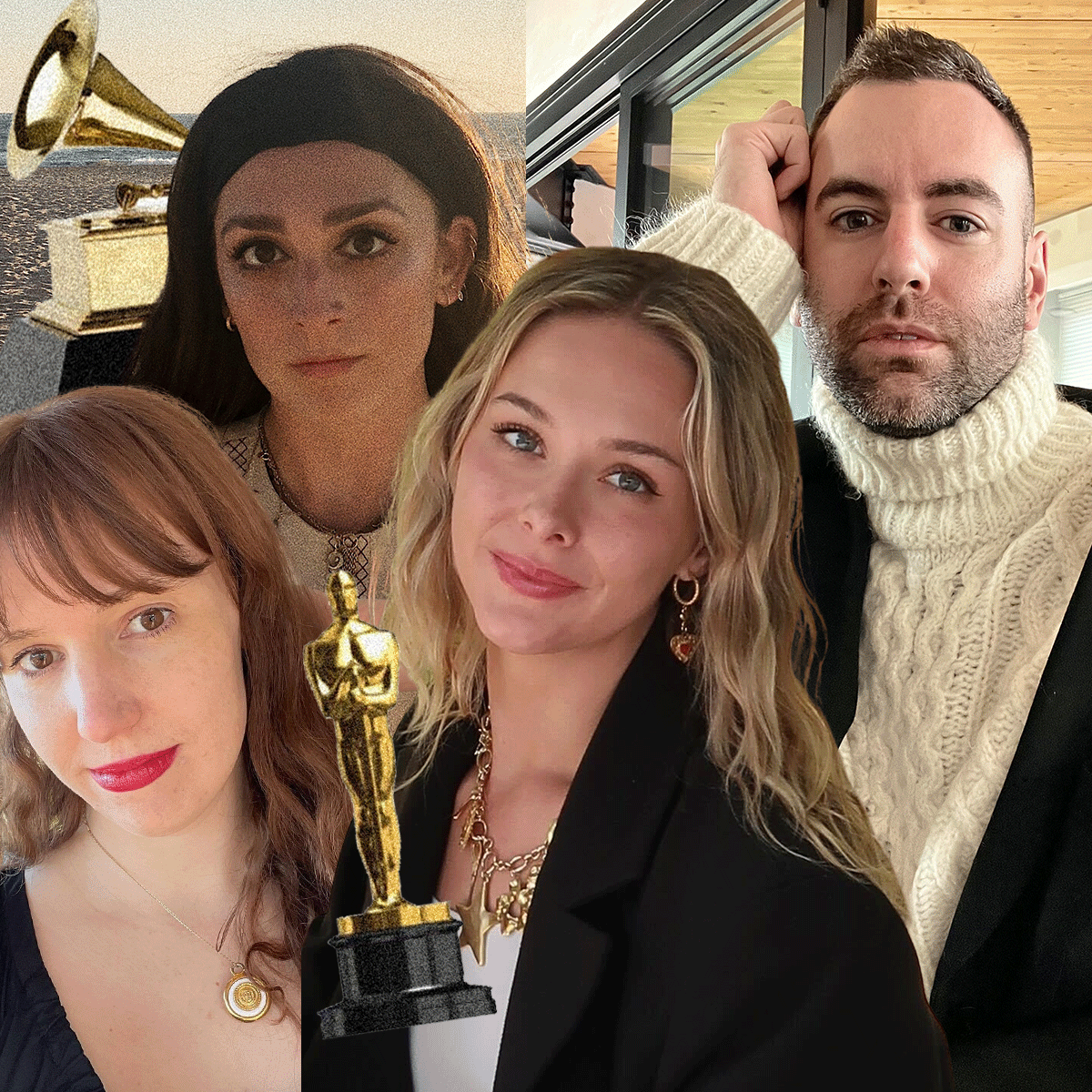 An Award-Season Debrief With Our Editors, From Trends to Top Looks
An Award-Season Debrief With Our Editors, From Trends to Top LooksPlus, we discuss the stylists who've been at the top of their game all season long.
By Claire Schmidt
-
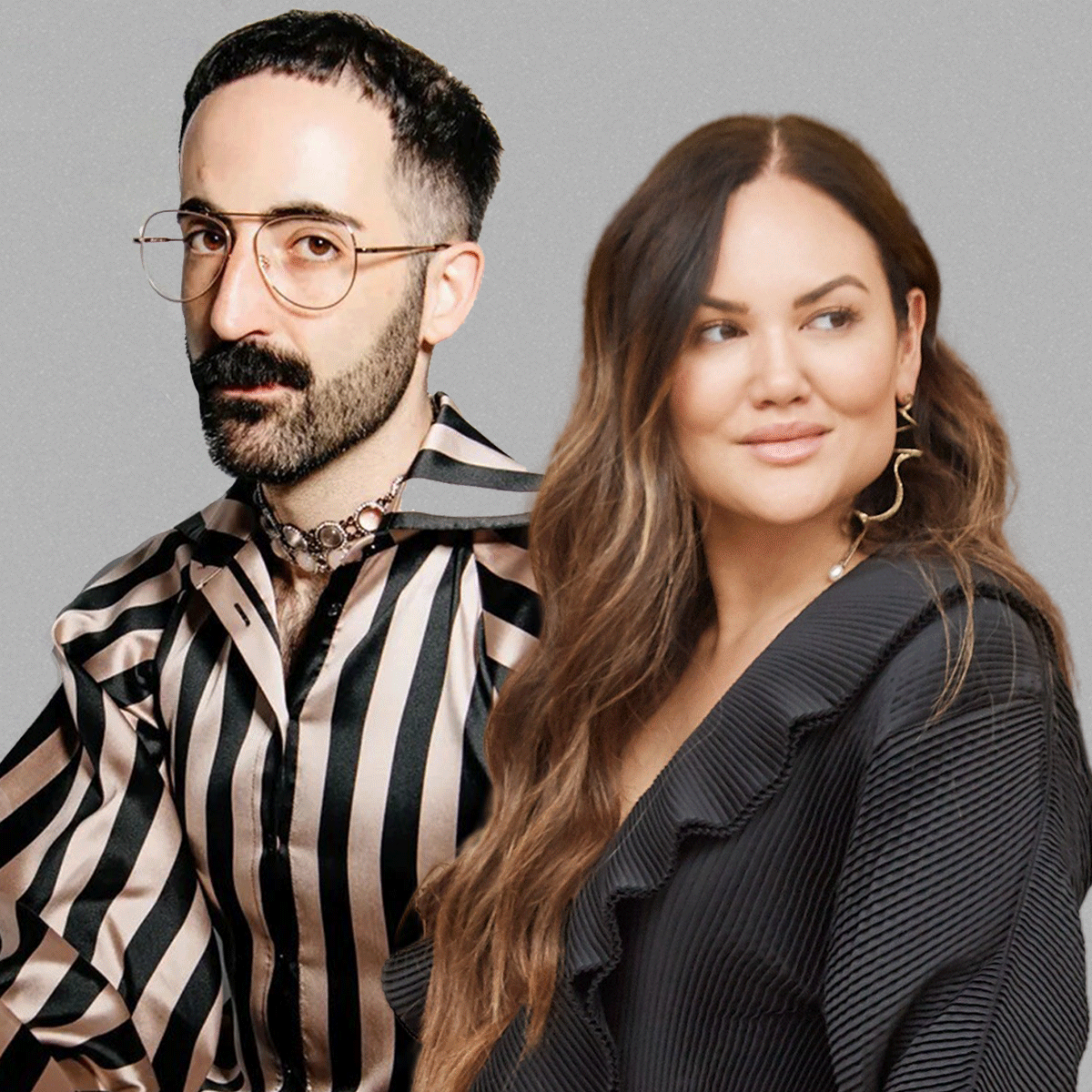 2025 Bridal Predictions From the Minds Behind Wiederhoeft and LOHO Bride
2025 Bridal Predictions From the Minds Behind Wiederhoeft and LOHO BrideMaximalism is in.
By Madeline Hill
-
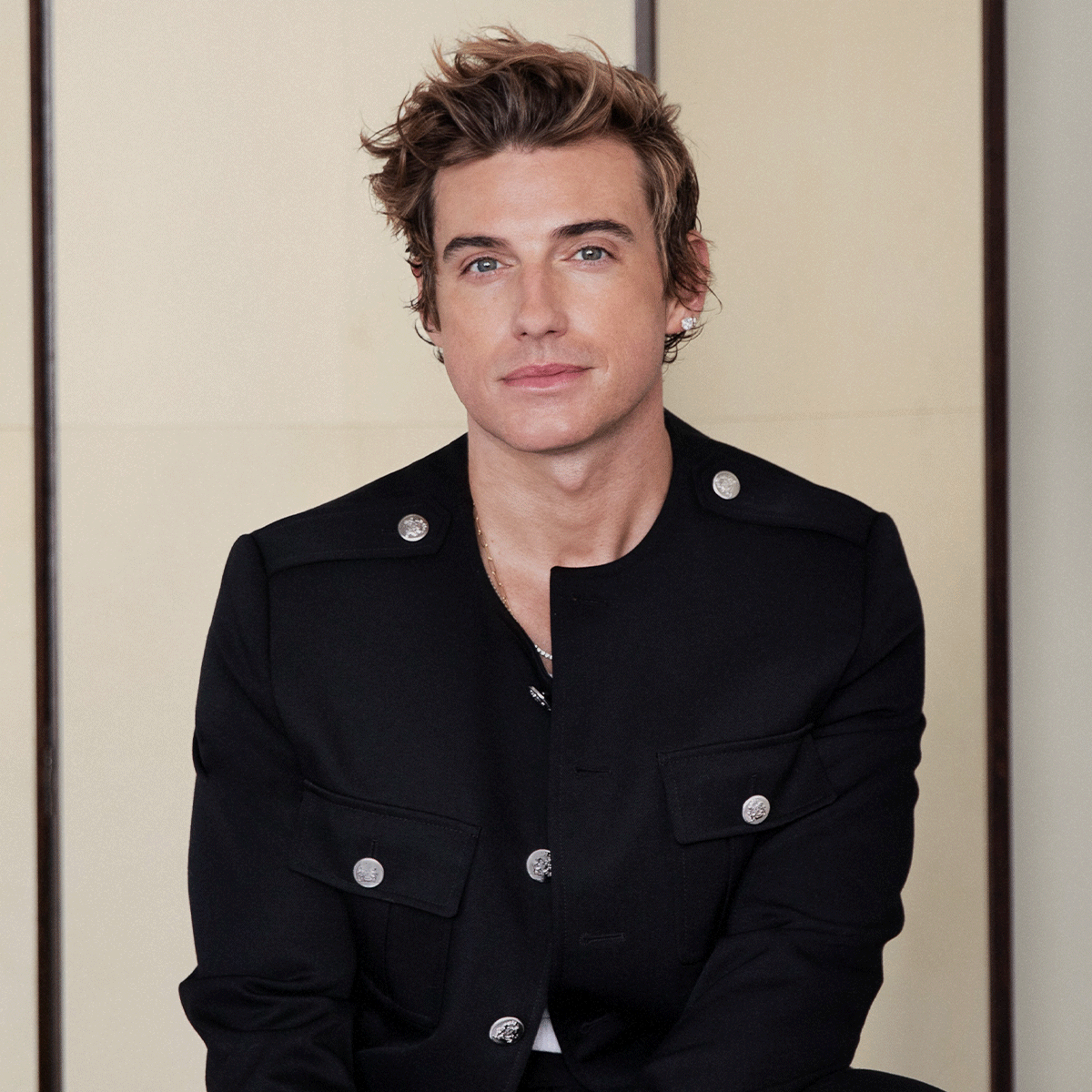 Queer Eye Star Jeremiah Brent Shares His Budget-Friendly Home Décor Tips
Queer Eye Star Jeremiah Brent Shares His Budget-Friendly Home Décor TipsPlus, what it was like joining the hit Netflix series.
By Madeline Hill
